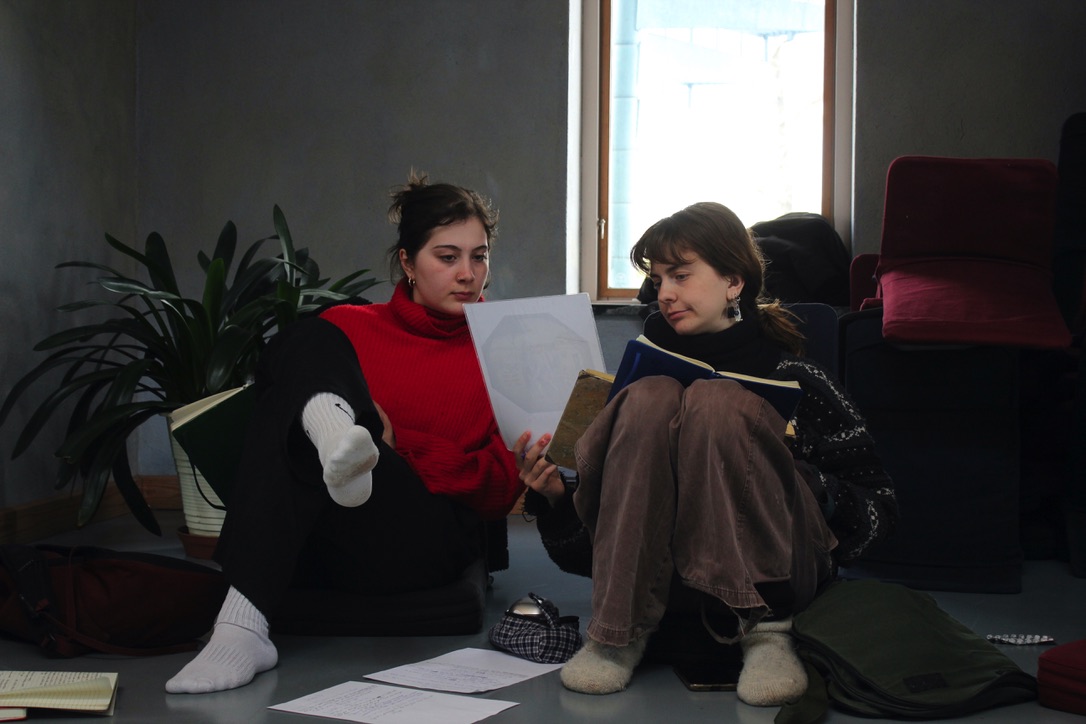Beyond Narratives: War and Conflict

What are the root causes of war and conflict? To reach the roots, we must look beyond surface narratives and understand the violent systems that instigate, enable, and maintain conflict globally. To catalyse change, we must first look within ourselves to understand why we should care – if at all – about conflicts in far away places. Is it empathy or justice? Is there such thing as “far away”?
This course presents a series of frameworks from global to personal that help us uncover the specific drivers of war and conflict, which often feel overwhelmingly complex. We first look at how global systems such as colonialism, imperialism, and capitalism underpin conflict. We then explore the power of narratives and discourse in shaping identity and reifying power structures, focusing on discourses that enable “othering” such as orientalism, islamophobia, and various types of bias.
This course employs a justice lens, rather than compassion narratives, to identify responsibility and complicity, and integrates restorative justice exercises to support action. Case studies of modern conflicts will be used to practice these frameworks, with particular attention paid to displaced peoples, border politics, and refugees.
This is an open course! If you would like to join, for more information please email [email protected]

Christianne Aikins
Christianne is an educator, facilitator, and ‘development practitioner’ based in Beirut, leveraging participatory approaches to support security sector reform with police and military, primarily in Lebanon and Jordan, and engages with civil society in support of peacebuilding and social cohesion programming. Through these collaborations, Christianne has worked with police, civil society, and judiciary from a range of countries, including the …
